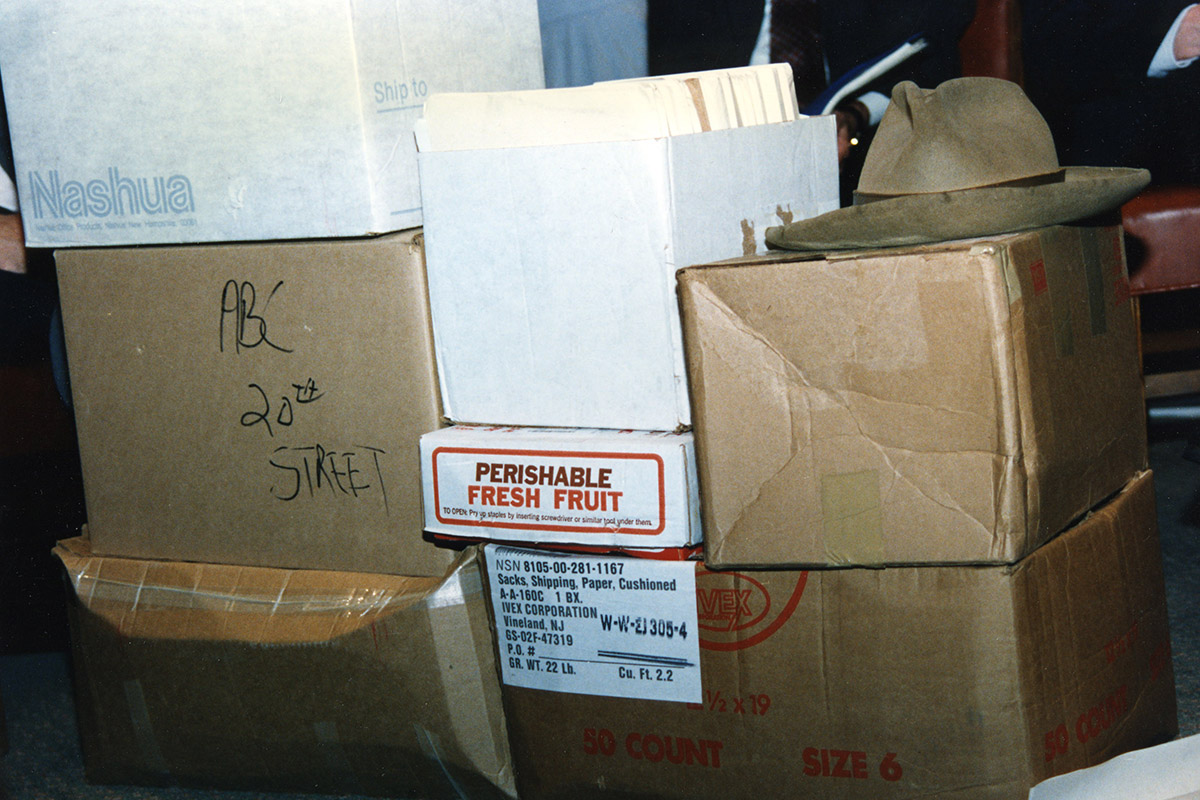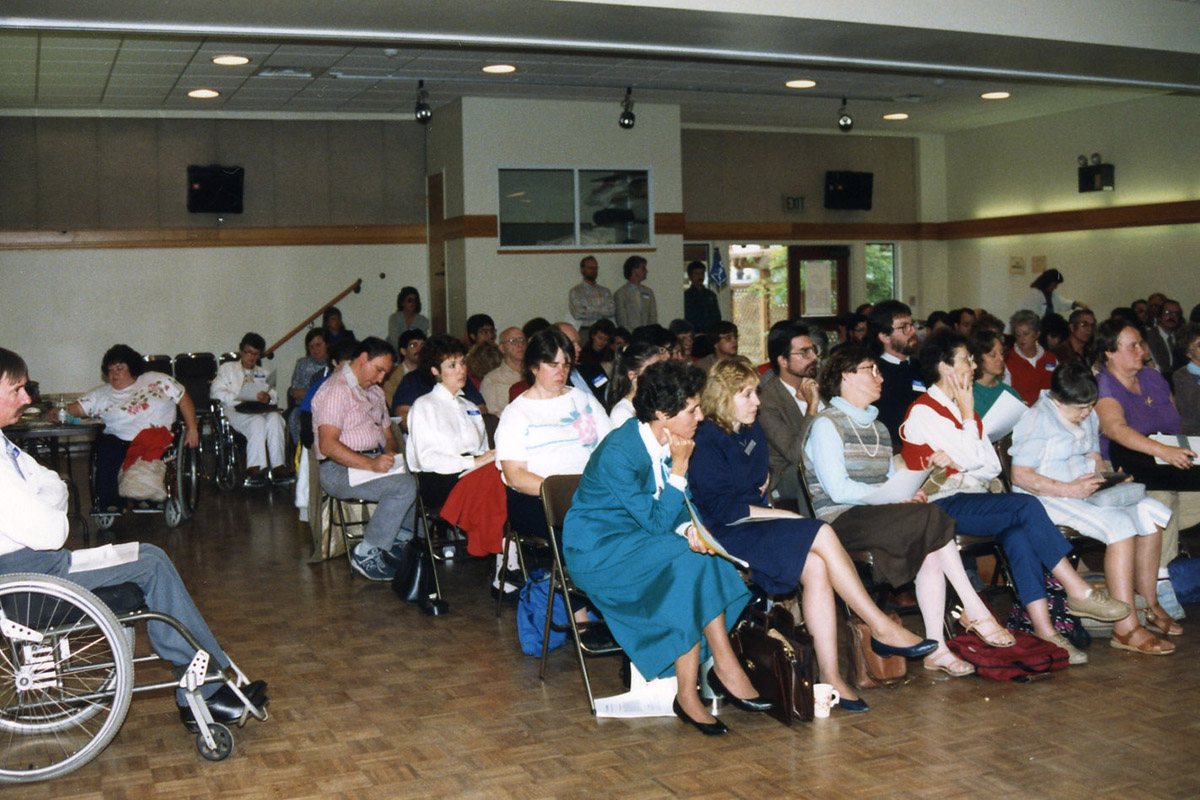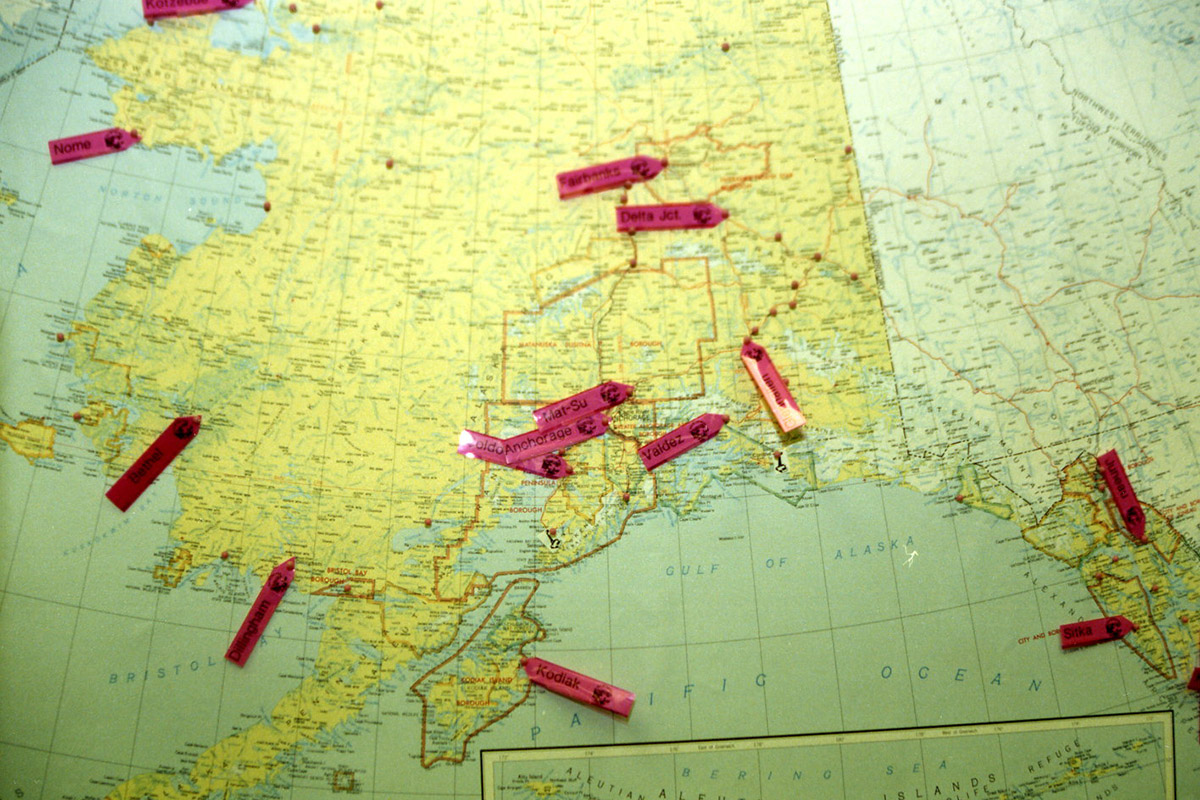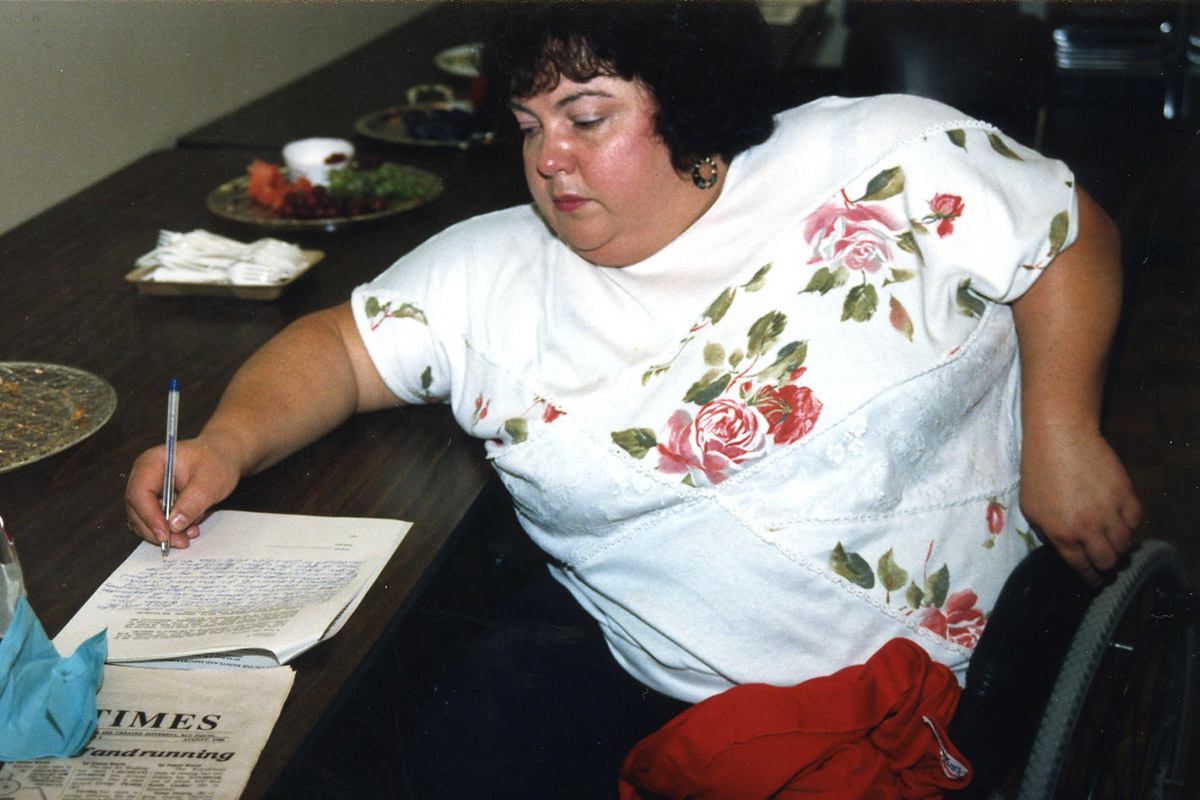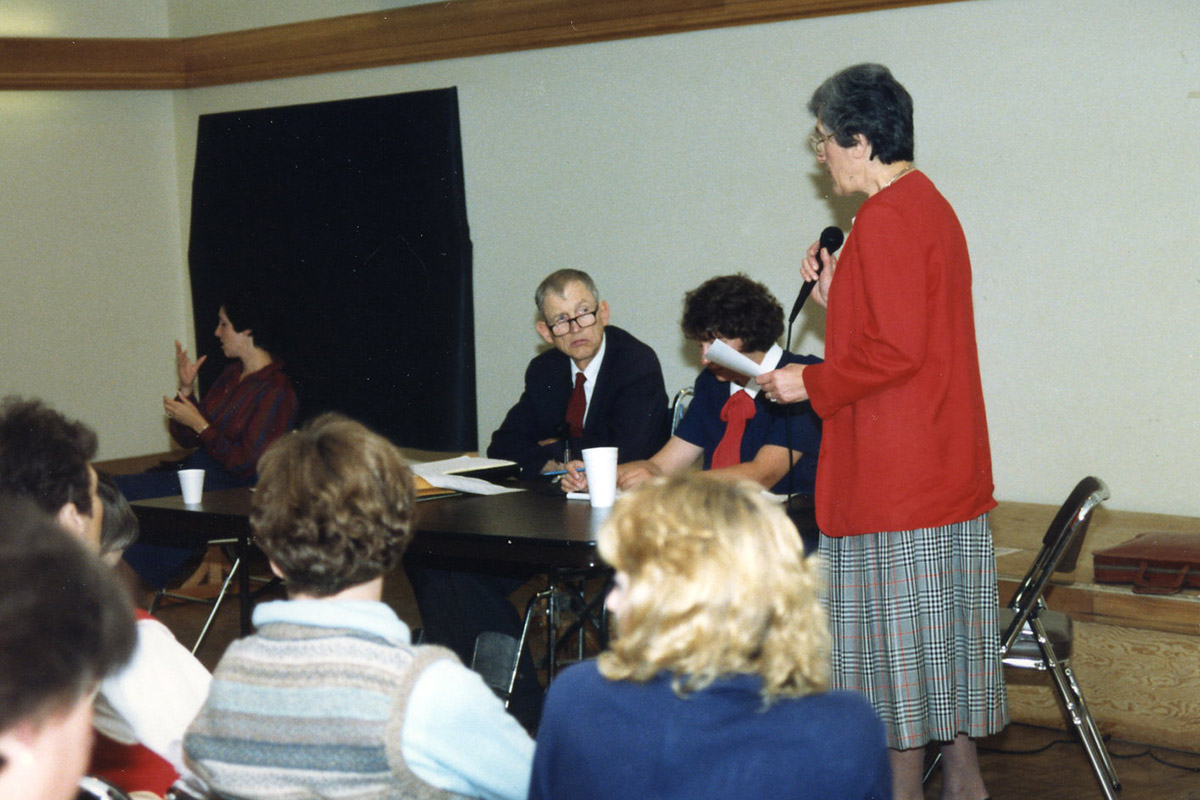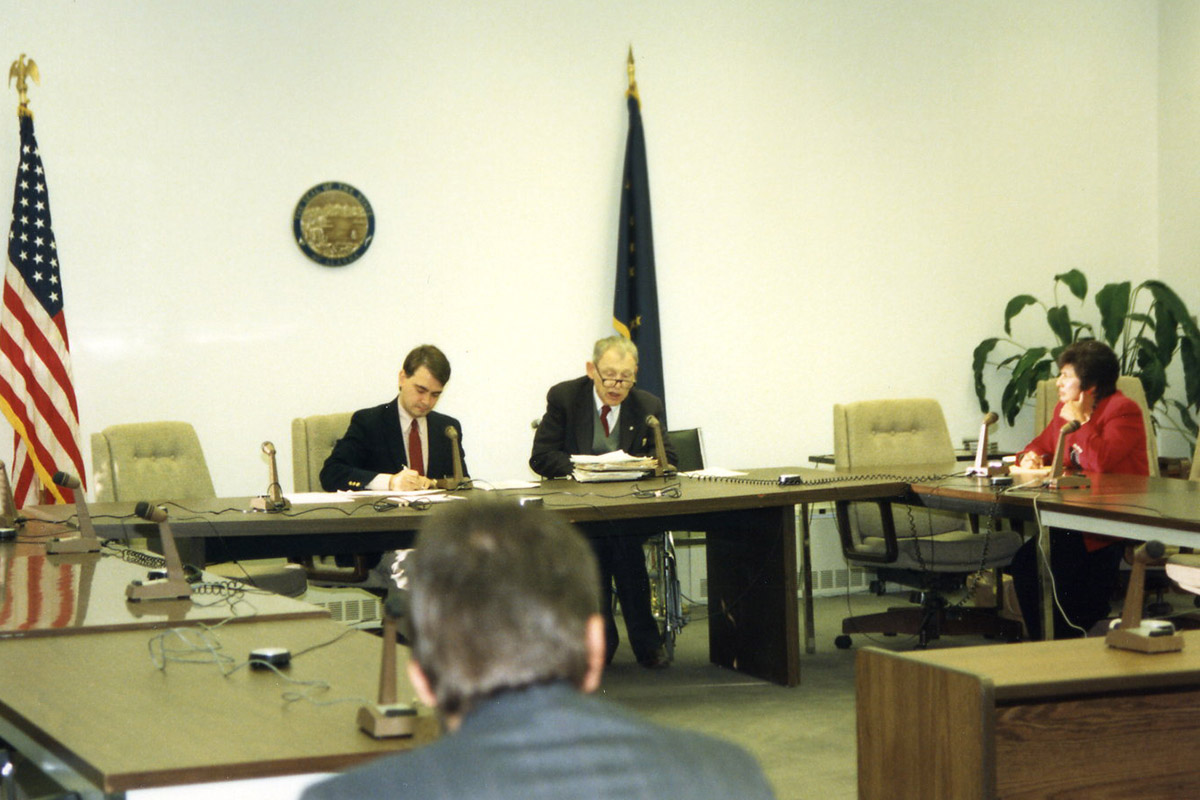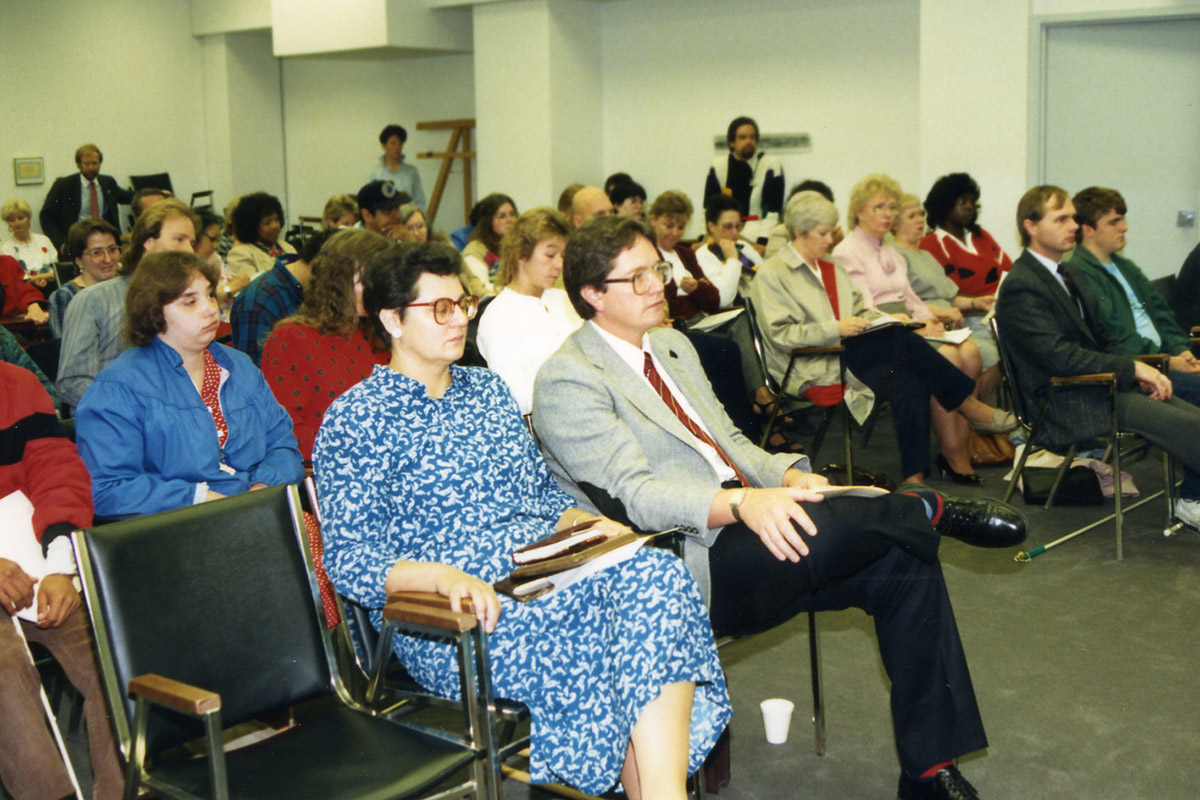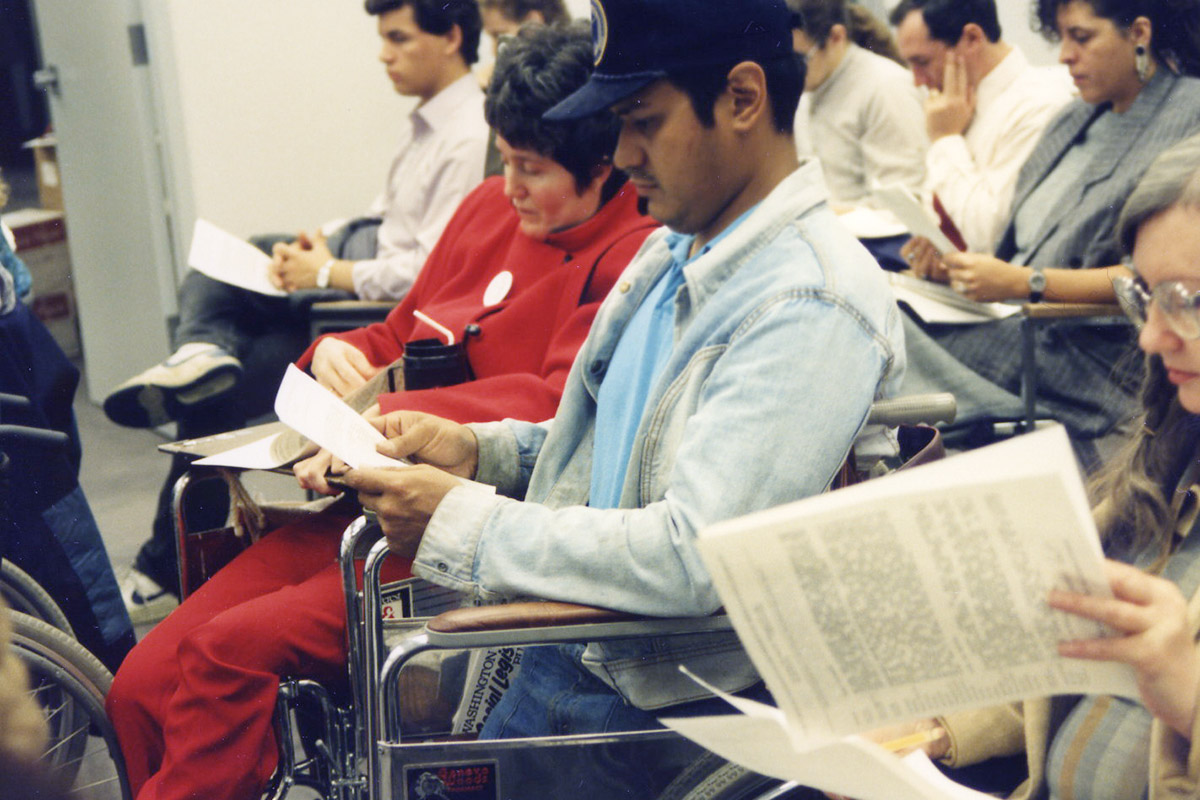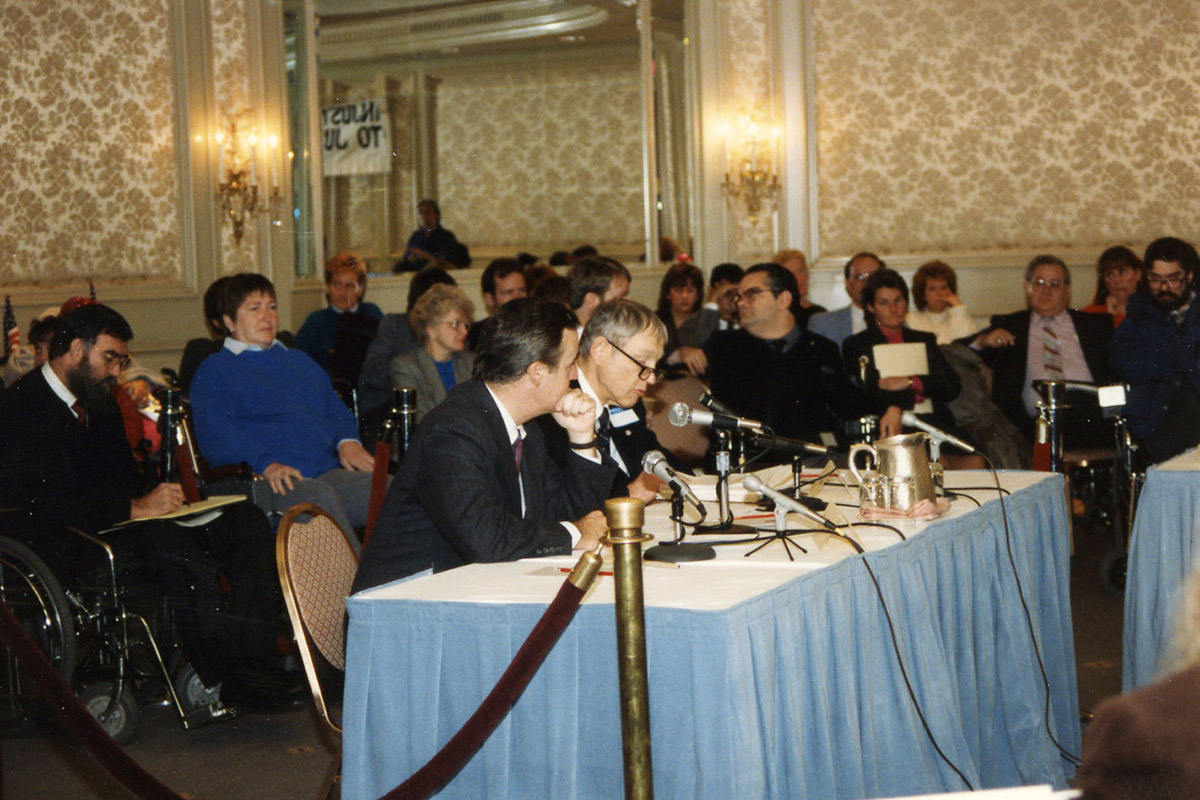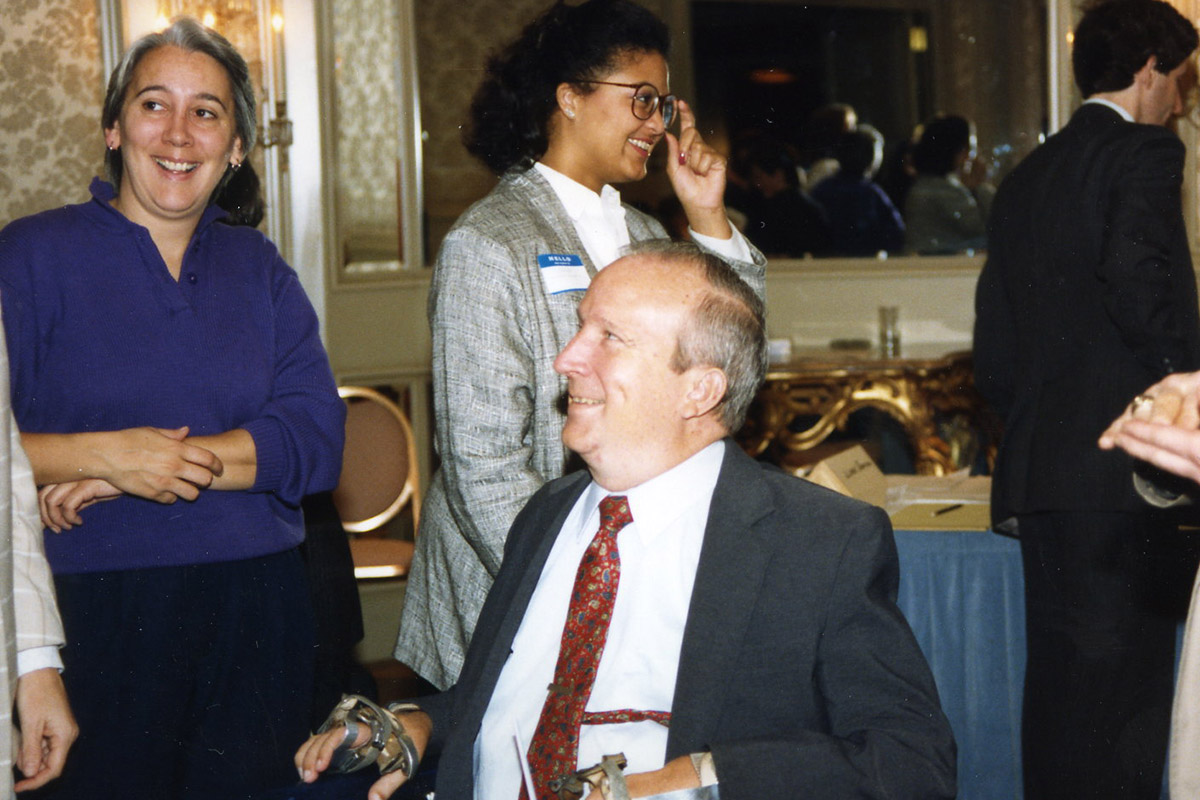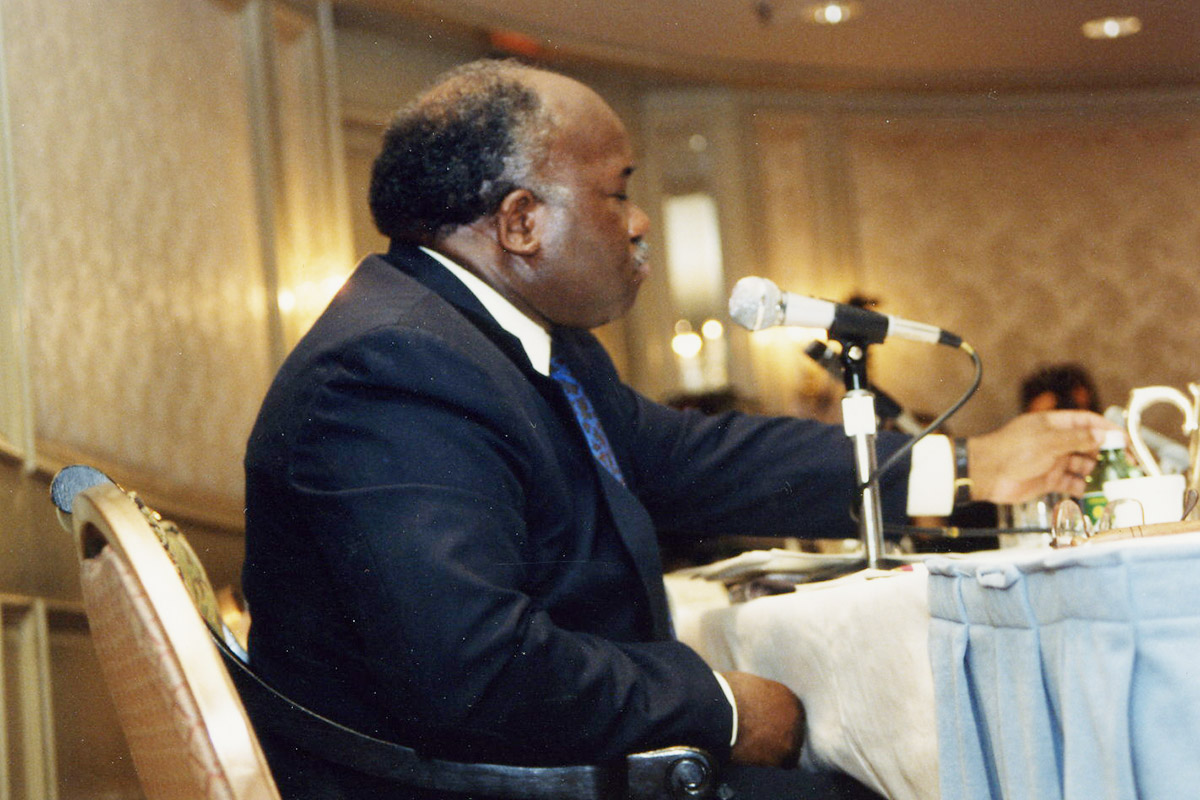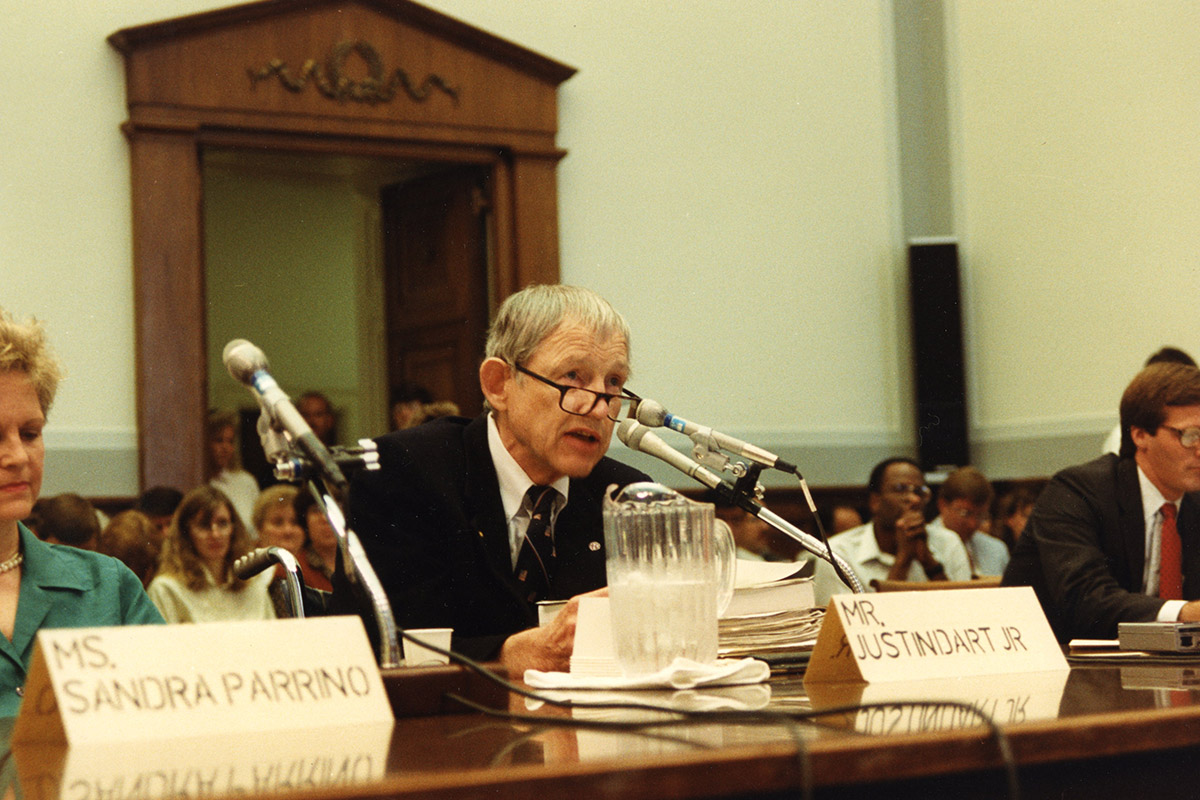The 35th Anniversary of The Americans With Disabilities Act
To commemorate the 35th Anniversary of the ADA, the Minnesota Governor's Council on Developmental Disabilities offers several new and old resources.
Moments in Disability History
On the 25th Anniversary of the ADA, the Minnesota Governor's Council on Developmental Disabilities offered 31 segments of history. Beginning in January 2013, and on a monthly basis through July 2015, a series of "Moments in Disability History" was created, devoted to the ADA Legacy Project.
TO LEARN MORE ABOUT THE HISTORY OF THE ADA, THE COUNCIL PRESENTS 31 MOMENTS IN DISABILITY HISTORY »
White Light Communications Presents Justin Dart
https://credo.library.umass.edu/view/full/mums984-i007
Justin Dart speaks at a Forum for Leaders on the Americans with Disabilities Act at Sheraton Conference Center in South Burlington, VT. Dart was chair of President's Committee on Employment of People with Disabilities. March 23, 1992
Joseph Shapiro shares his thoughts about the 35th anniversary of the ADA
Our Council hosted NPR investigative correspondent Joseph Shapiro in May 2025, and captured his thoughts about the 35th anniversary of the ADA. Joseph Shapiro is the author of "No Pity".
The ADA Redefined Disability Rights
The ADA was the disability community's redefinition of how they want to be seen. It was their redefinition of disability. They were saying, our issues are issues of inclusion of rights. We don't want to be seen as medical problems. Our issues are not, we don't want to be defined by our limits. We want to be seen for our strengths. The ADA was also the disability community's gift to America. Because disability is a universal condition. All of us will be touched by disability. It happens in, in our families. It'll happen to us. And as we age, it becomes a more certain reality. The ADA makes more generous open society for everyone. These disability, civil rights laws were brought to us by people with disabilities, by their advocacy.
The Next Generation of Leaders Expects Rights
There's this new generation of people with disabilities, a new generation of leaders who have grown up with their rights guaranteed. They expect those rights. They have different expectations. They are a new generation of leaders that want to expand access to all the promises of the ADA, and who want to, who are teaching us that living with a disability is just a part of life. Not a tragedy, not a pity, but it's a normal part of life..
Image Gallery: Justin Dart's Multi-year Campaign
Yoshiko Dart shared this set of images documenting Justin Dart's tour in 1988 and 1989.





